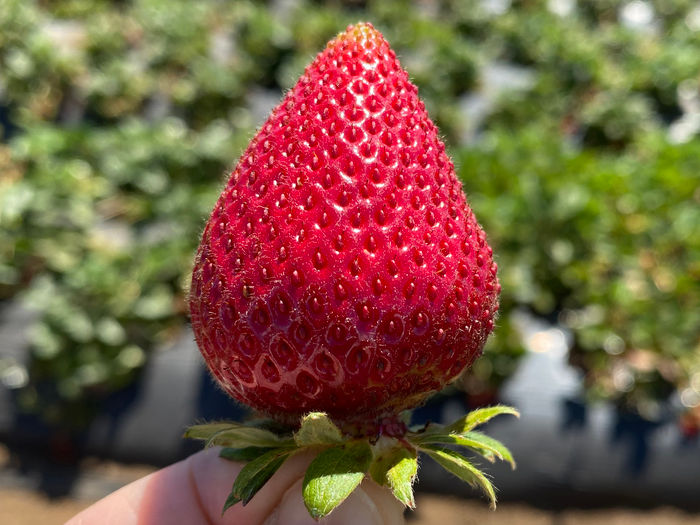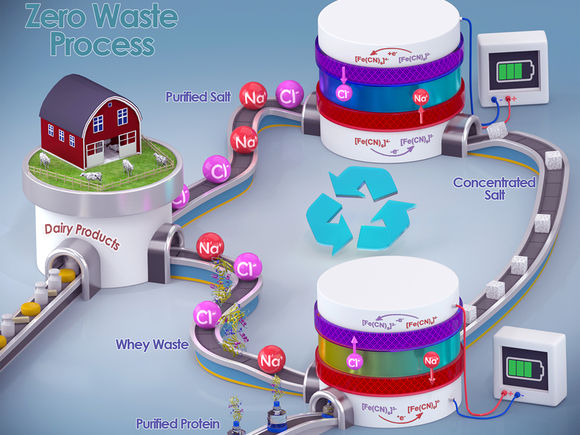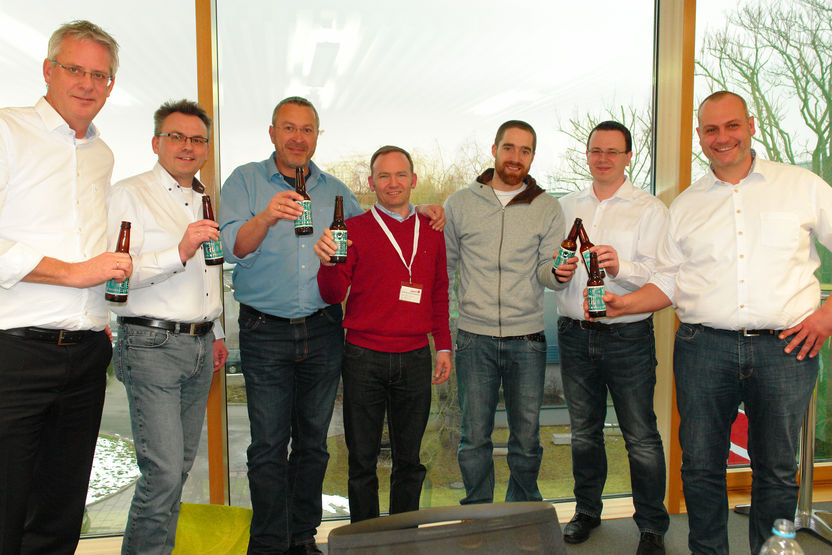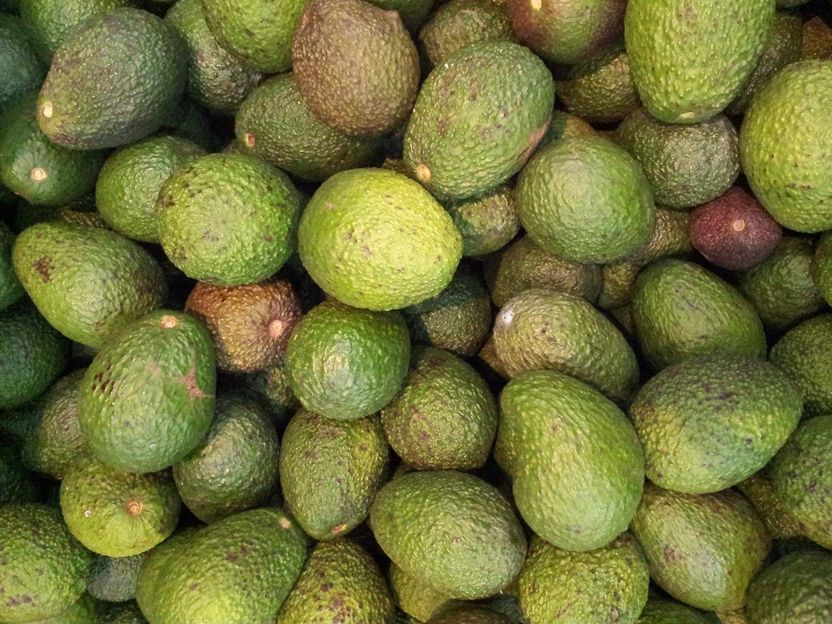Kelp, maggots and mycoprotein among future foods that must be mass-farmed to combat malnutrition
Radical changes to the food system are needed to safeguard our food supply and combat malnutrition in the face of climate change, environmental degradation and epidemics, says new report.

State-of-the-art, enclosed and modular photo-bioreactors (PBR) to produce chlorella and spirulina algae.
Image courtesy of Vaxa, Iceland.
Researchers at the University of Cambridge say our future global food supply cannot be safeguarded by traditional approaches to improving food production. They suggest state-of-the-art, controlled-environment systems, producing novel foods, should be integrated into the food system to reduce vulnerability to environmental changes, pests and diseases. Their report is published today in the journal Nature Food.
The researchers say that global malnutrition could be eradicated by farming foods including spirulina, chlorella, larvae of insects such as the house fly, mycoprotein (protein derived from fungi), and macro-algae such as sugar kelp. These foods have already attracted interest as nutritious and more sustainable alternatives to traditional plant and animal-based foods.
The production of these 'future foods' could change the way food systems operate. They can be grown at scale in modular, compact systems suitable for urban settings as well as isolated communities such as those on remote islands. In an approach the researchers call 'polycentric food networks', food could be produced locally and consistently by communities - reducing reliance on global supply chains.
To reach their conclusions, the researchers analysed around 500 published scientific papers on different future food production systems. The most promising, including microalgae photo-bioreactors (devices that use a light source to grow microorganisms) and insect breeding greenhouses, reduce exposure to the hazards of the natural environment by farming in closed, controlled environments.
"Foods like sugar kelp, flies, mealworm and single-celled algae such as chlorella, have the potential to provide healthy, risk-resilient diets that can address malnutrition around the world," said Dr Asaf Tzachor, a researcher at the Centre for the Study of Existential Risk (CSER) at the University of Cambridge and first author of the report.
He added: "Our current food system is vulnerable. It's exposed to a litany of risks - floods and frosts, droughts and dry spells, pathogens and parasites - which marginal improvements in productivity won't change. To future-proof our food supply we need to integrate completely new ways of farming into the current system."
The report argues it is dangerous to rely on food produced through conventional farming and supply systems, which are at risk of serious disruption from a variety of factors beyond human control. The COVID-19 pandemic highlighted this vulnerability: government-imposed restrictions on travel disrupted food production and supply chains across the world.
In parallel, recent environmental challenges to food systems include wildfires and droughts in North America, outbreaks of African swine fever affecting pigs in Asia and Europe, and swarms of desert locust in East Africa. Climate change is anticipated to worsen these threats.
"Advances in technology open up many possibilities for alternative food supply systems that are more risk-resilient, and can efficiently supply sustainable nutrition to billions of people," said Catherine Richards, a doctoral researcher at Cambridge's Centre for the Study of Existential Risk and Department of Engineering.
She added: "The coronavirus pandemic is just one example of increasing threats to our globalised food system. Diversifying our diet with these future foods will be important in achieving food security for all."
The burden of malnutrition is arguably the most persistent humanitarian crisis: two billion people experience food insecurity, including over 690 million people undernourished and 340 million children suffering micro-nutrient deficiencies.
The researchers say that reservations about eating novel foods like insects could be overcome by using them as ingredients rather than eating them whole: pasta, burgers and energy bars, for example, can all contain ground insect larvae and processed micro- and macro- algae.
Original publication
Most read news
Original publication
Topics
Organizations
Other news from the department science

Get the food & beverage industry in your inbox
By submitting this form you agree that LUMITOS AG will send you the newsletter(s) selected above by email. Your data will not be passed on to third parties. Your data will be stored and processed in accordance with our data protection regulations. LUMITOS may contact you by email for the purpose of advertising or market and opinion surveys. You can revoke your consent at any time without giving reasons to LUMITOS AG, Ernst-Augustin-Str. 2, 12489 Berlin, Germany or by e-mail at revoke@lumitos.com with effect for the future. In addition, each email contains a link to unsubscribe from the corresponding newsletter.
Most read news
More news from our other portals
Last viewed contents

UMD scientists identify mechanism responsible for fruit and seed development in flowering plants - This research could allow agriculturists to optimize productivity and explore the viability of ‘virgin fruits'

Less salt, more protein: Researchers address dairy processing's environmental, sustainability issues

Cargill-DSM joint venture Avansya starts commercial-scale production of EverSweet™ stevia sweetener - New fermentation facility in Blair, Nebraska, to sustainably produce the zero-calorie sweetener

First of its kind study proves food intervention can be as effective as medications for lowering cholesterol - Research reveals “food-as-medicine” to be a simple, viable solution to lowering cholesterol in many patients unable or unwilling to take statin drugs

New survey reveals majority of European dietitians believe moderate coffee consumption has clear health benefits - 62% believe drinking coffee in moderation has clear health benefits

Plant-based alternative food consumption may have doubled in UK over ten years suggests first analysis of its kind - The UK population are consuming more plant-based alternatives than ever, but more research is required into how healthy and sustainable these alternatives are

C. & A. Veltins Brewery: Strongest financial year in terms of turnover on the occasion of the brewery's 200th anniversary - Brewery sees itself equipped for energy transformation

BrewDog PLC, Scotland, UK: ZIEMANN delivers a brand new turnkey brewery plant – from malt intake through to the bright beer tank cellar.

The Vegan Society complains to ITV after This Morning fails to highlight environmental impact of dairy during milk tasting segment

New sustainable packaging will extend guacamole’s shelf life by 15% thanks to labels and additives extracted from the avocado itself





























































